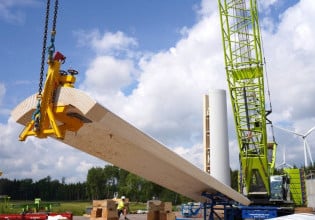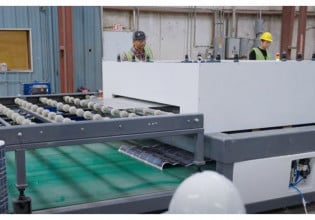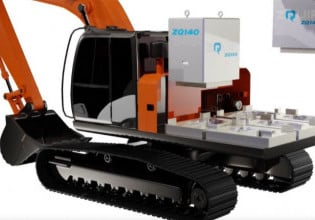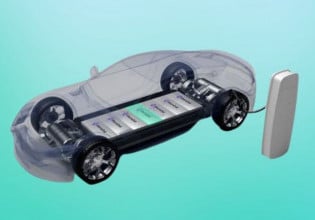Ultra-Light Solar Module Reduces Weight by Two-Thirds
OPES Solutions has developed an ultra-light solar module together with the Fraunhofer Center for Silicon Photovoltaics (CSP). While conventional crystalline solar modules weigh around 60 grams per watt, O-Lite Plus modules weigh only about 20 grams per watt.
This corresponds to a weight reduction of two thirds. The costs of the new frameless module in series production are on a par with those of conventional modules.
The module backside made of polyethylene terephthalate (PET) on which mono or polycrystalline solar cells are laminated is largely responsible for the weight reduction. The tried-and-tested material is also used for rotor blades in the wind industry as well as in shipbuilding and automotive engineering and is particularly cost-effective due to its high production volumes.
“The material know-how and the many years of experience of our partner Gaugler & Lutz will benefit us here,” says Robert Händel, founder and CEO of OPES Solutions.
Compared to alternative lightweight substrates such as fiberglass or PCB, the PET material used by OPES Solutions is even lighter. Since it is easy to process and has similar coefficients of heat and expansion as solar cells, O-LitePlus modules are also particularly durable.
Flexible off-grid use and integrated connectors
Due to the possibility of producing curved modules and their low weight, O-Lite Plus modules are particularly suitable for weight-sensitive areas of application such as vehicles, boats and small devices, which also place high demands on durability. Due to new and optionally usable variants of junction boxes and connectors, the modules can be plugged together in a modular manner.
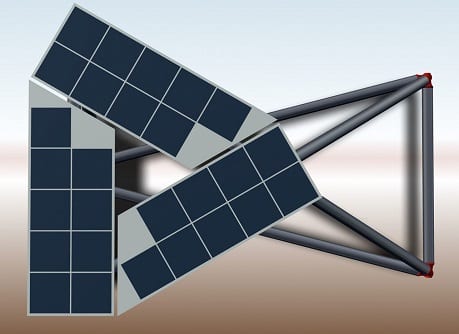
The module concept was developed together with the Fraunhofer CSP in Halle. The institute also provided advice on material selection and is responsible for product and durability testing.
“For the development of O-LitePlus, we have combined the R&D competence of the Fraunhofer CSP with our off-grid and production experience,” added Händel.
“It was only through this cooperation that we were able to develop the new ultra-light, durable and attractively priced generation of modules, which is now in demand among other things from vehicle manufacturers and bike sharing providers. As far as we know, the O-LitePlus is the lightest module in the world,” Händel concluded.


